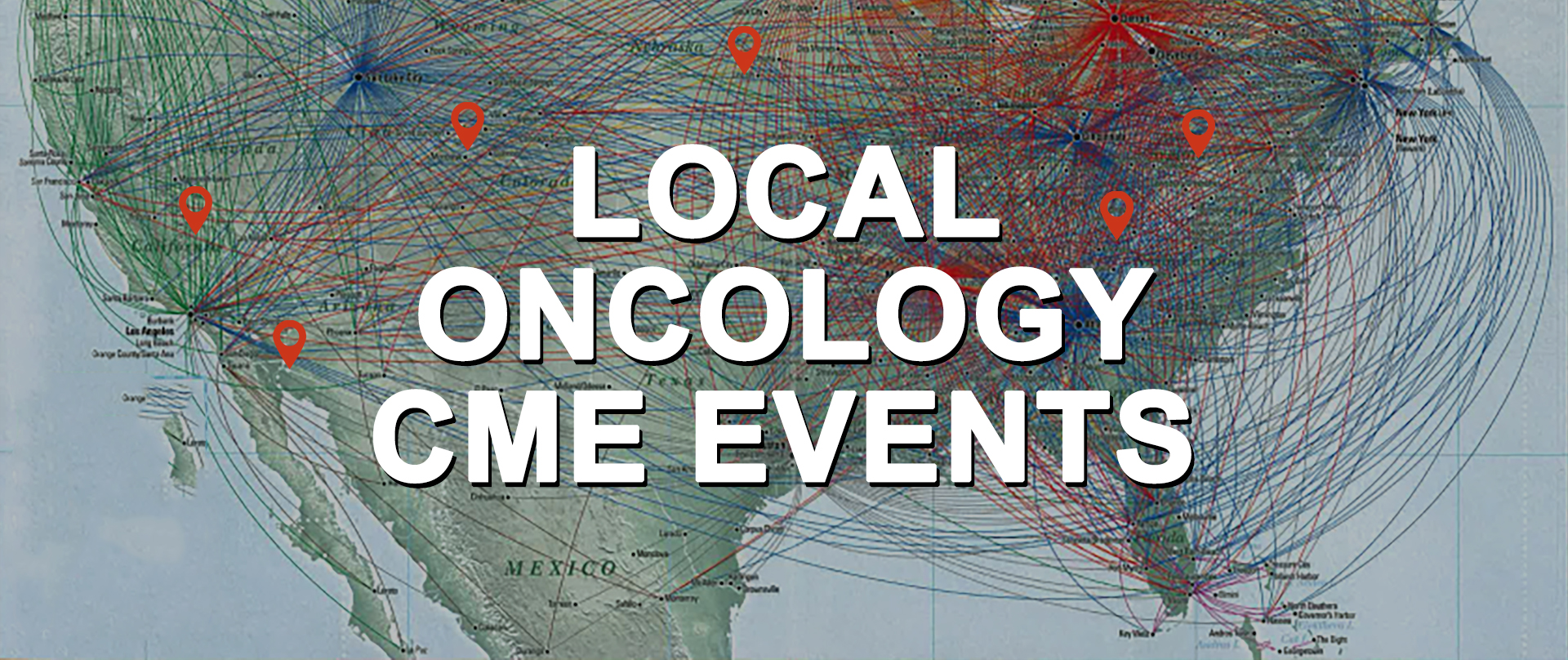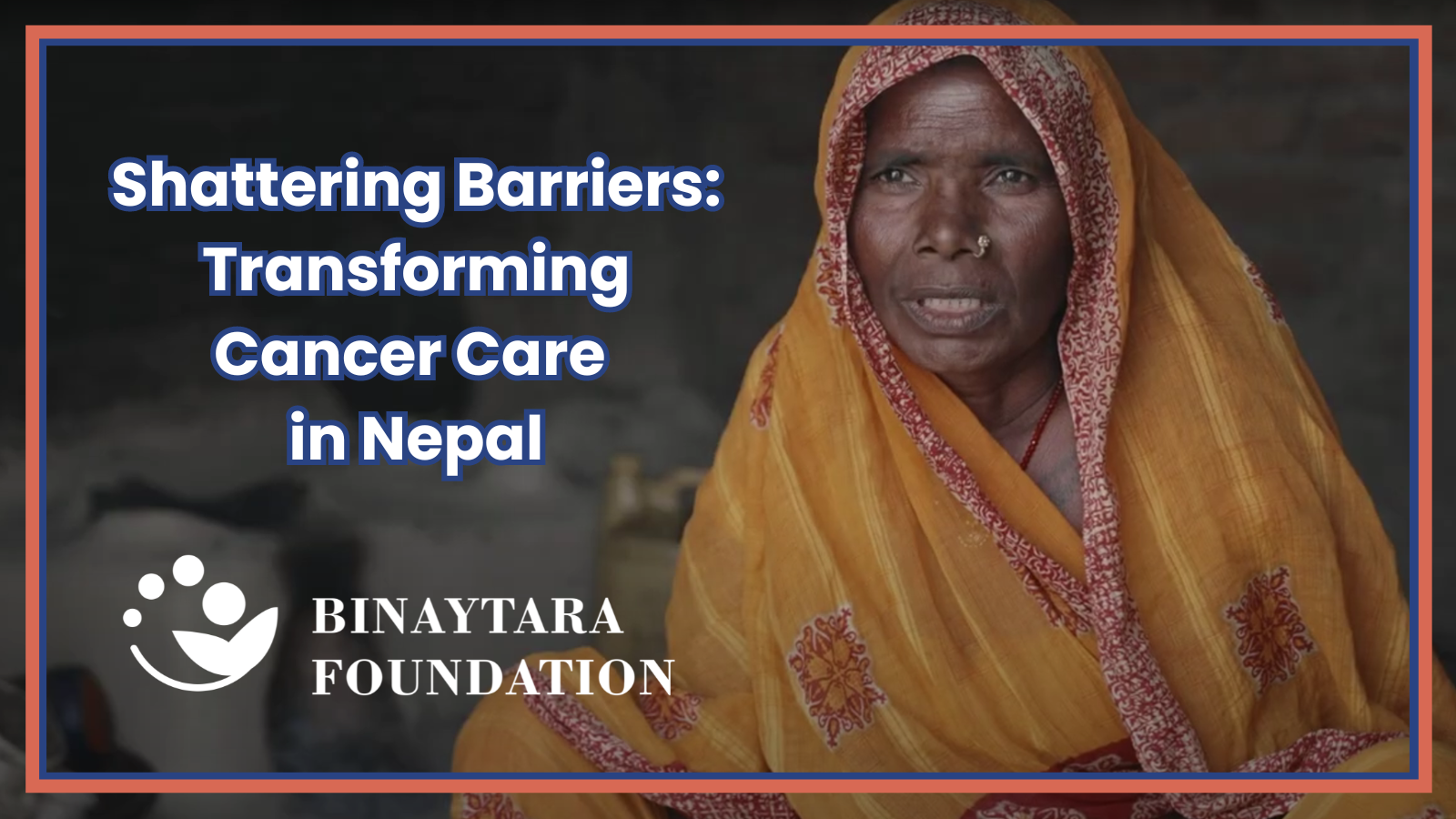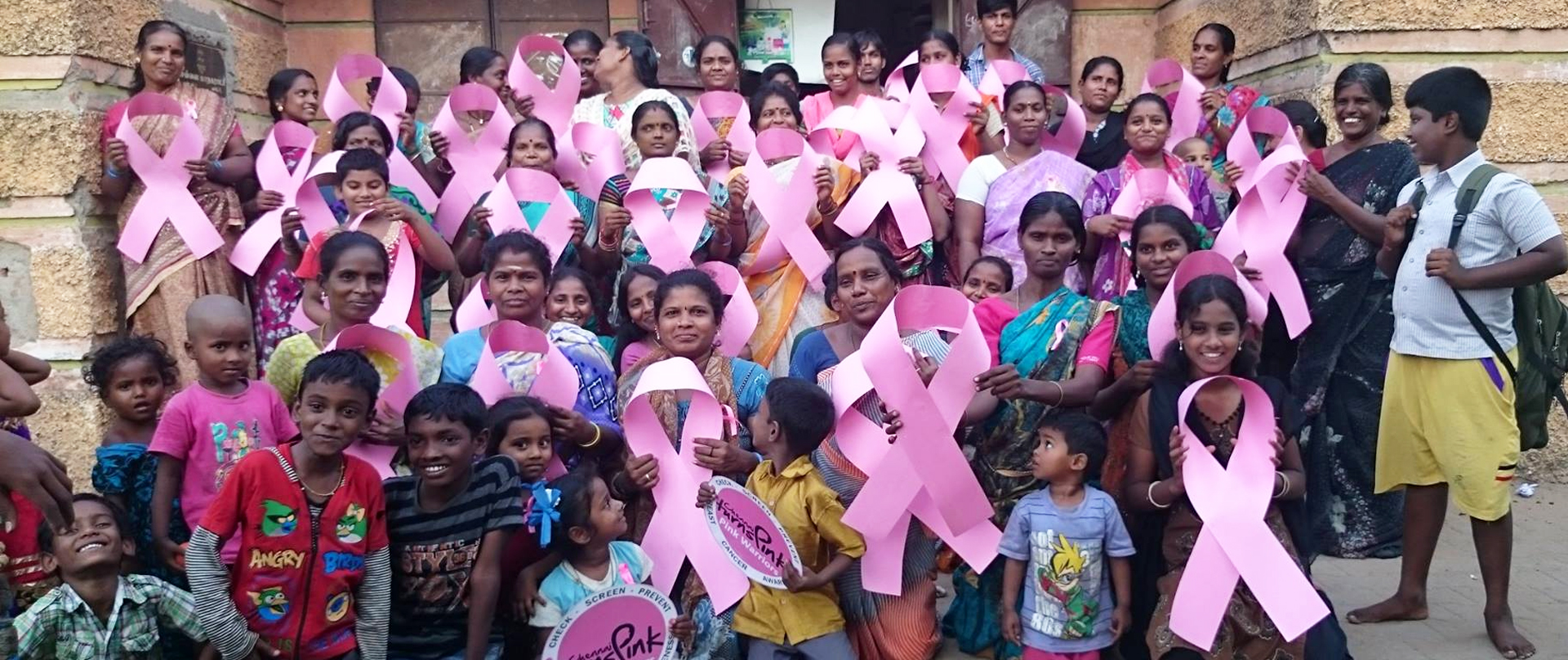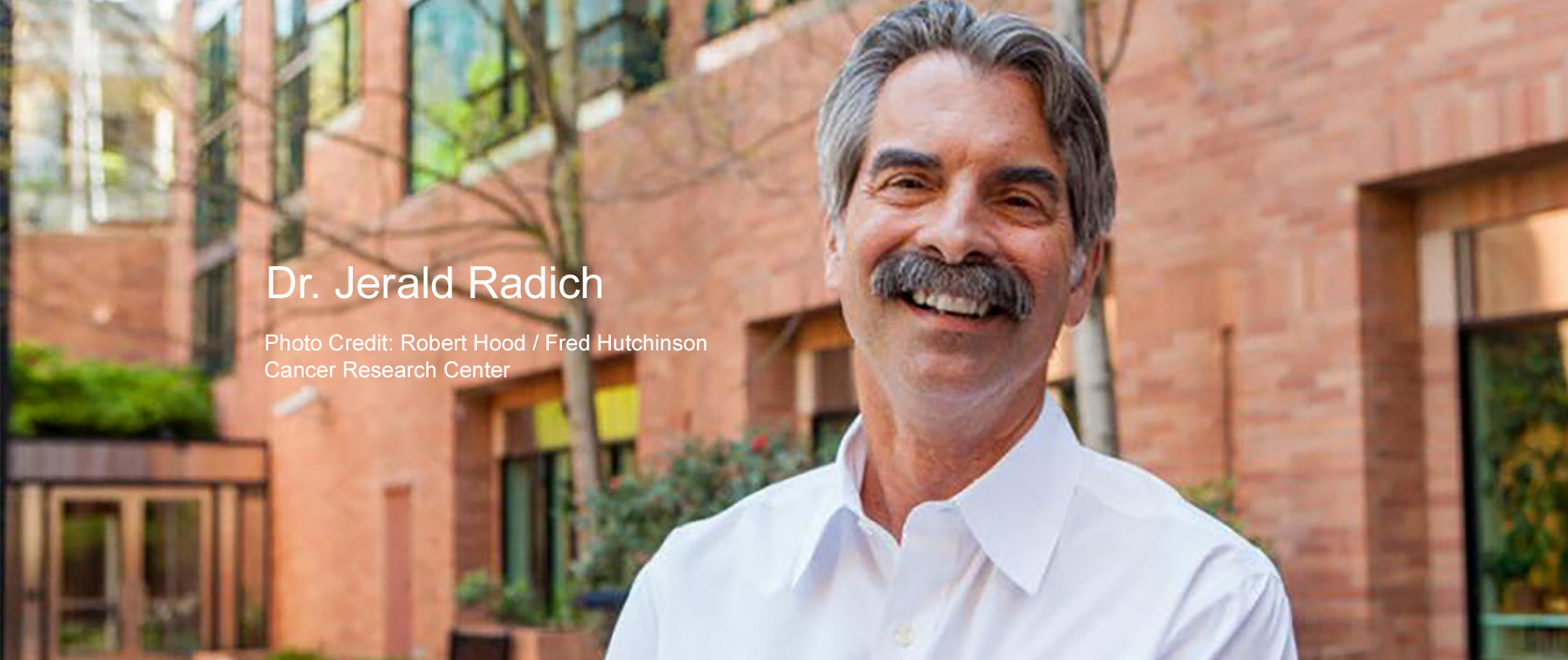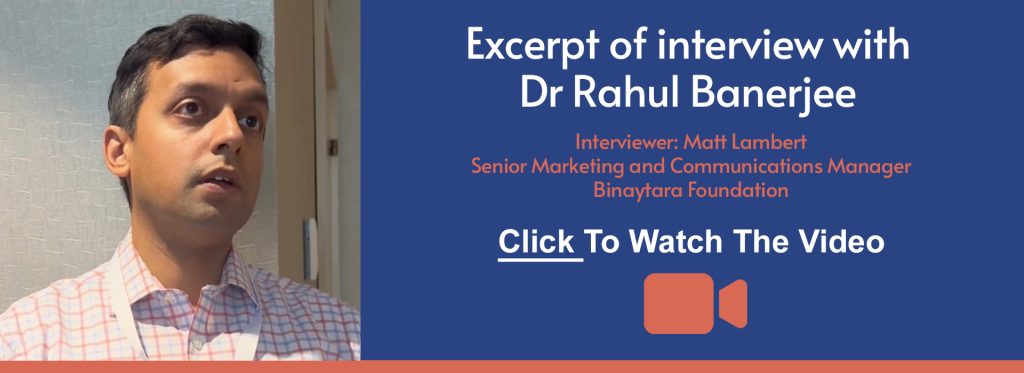• They bring education and innovation directly to regions where access to specialized cancer care may be more limited. By hosting CMEs in smaller communities, local physicians who might not typically attend major events due to time, travel, or budget constraints gain access to the same cutting-edge information as their peers in big cities, and they can immediately implement what they’ve learned in their own practice settings.
• The smaller, more intimate environments foster stronger connections among attendees, allowing specialists from large urban centers to collaborate with local doctors, create referral networks and learn about lesser-known, region-specific challenges that cumulatively affect the United State’s cancer burden at a national level.
• When healthcare providers can put faces to names they have only previously encountered through emails or phone calls, it evokes a sense of community and encourages ongoing collaboration. This camaraderie can lead to joint research initiatives, shared resources, and ultimately, improved patient outcomes.
• For cancer patients who cannot access long-term, specialized treatment that is typically found in larger cities, CME conferences held in their local towns offer a special kind of hope, as their oncologists can potentially seek guidance on complex cases from attending specialists while continuing to care for them.
This means that instead of requiring patients to travel far for every follow-up visit, their local physician is empowered with the knowledge and network to provide high-quality care closer to home.
“I was giving a talk at a Binaytara Foundation summit in Anchorage, Alaska, last year, and it was wonderful because it gave me a chance to meet doctors I had been texting with. All of a sudden I was meeting them face to face,” says physician-researcher Dr Rahul Banerjee, who specializes in multiple myeloma at the Fred Hutchinson Cancer Center in Seattle. “I have patients who are air-lifted in from Alaska to Seattle and they are diagnosed with myeloma, but I can’t take care of them forever from here. Now, knowing their doctors in Alaska and having met them, I am more than happy to help across state lines in any way I can.”
Listen to Dr. Rahul Banerjee in the short video below:
